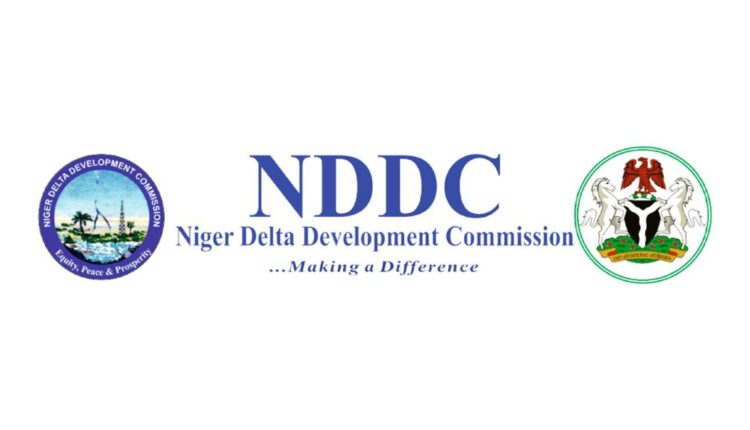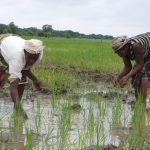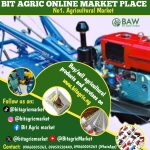As part of efforts to rehabilitate degraded land and promote agribusiness in the Niger Delta, the Niger Delta Development Commission (NDDC) has acquired 900 hectares of land across all nine oil-producing states for agricultural purposes.
Aligned with the Federal Government’s comprehensive initiative, Project HOPE (Holistic Opportunities for Programmes and Engagements), this agricultural endeavor will designate 100 hectares of land for each of the nine states.
Speaking in Port Harcourt about this agricultural venture, Fubara Blessing, the Resource Consultant to the Niger Delta HOPE Initiative, highlighted a tailored approach to assess the region’s terrain and resources. This strategy aims to effectively identify and secure suitable farm inputs and implements for each state.
In Rivers State, he outlined plans for a cassava farm integrated with a processor, alongside offshore fishing activities, complemented by a tech hub. Meanwhile, for Imo State, he detailed intentions for a sugar cane plantation, a sugar processing facility, and a tech hub.
“In Delta State, our vision encompasses establishing a cassava farm, an automobile village, and a tech hub. As for Ondo State, our focus lies on dairy production, including butter and cheese, alongside cassava cultivation, all complemented by a tech hub.”
He mentioned that Abia State is planning a textile market, a vegetable farm, and a tech hub. Additionally, he stated that Akwa Ibom’s agenda includes a vegetable farm, a rice farm, and a tech hub, while Cross River State is set to have a poultry farm, a vegetable farm, and a tech hub.
Furthermore, he outlined Bayelsa State’s short-term plan, which involves establishing a plantation, a snail farm, and a tech hub, followed by a long-term focus on aquaculture.
“For Edo State, our immediate plans include establishing a cassava farm and a cassava processing project, alongside a tech hub. In the long run, we aim to develop a furniture village,” he elaborated.
The consultant emphasized the foundational aspects, stating, “In terms of the agricultural projects, land is a crucial factor. We’re considering the required land size, although we’re advocating for small-holder farm systems to ensure they can benefit as off-takers from the processing mill.”
Subject to the Managing Director’s approval, we anticipate commencing land preparation and planting by May 2024.
He noted that Samuel Ogbuku, the managing director, has demonstrated strong dedication to the projects, starting with the database initiative.





